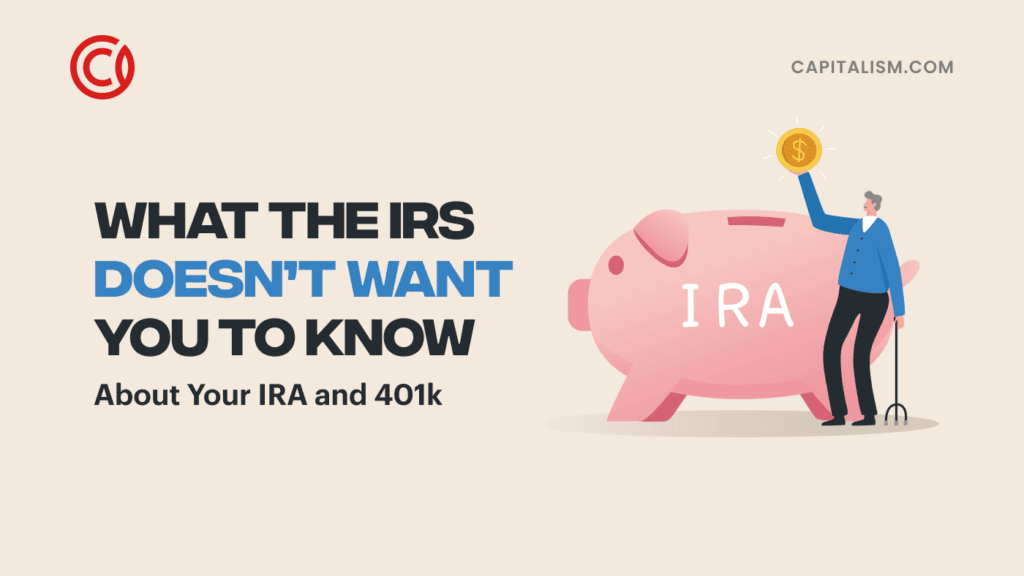Flying in the face of success touted by the innovative global company Airbnb, President Donald Trump’s Cuba policy changes stifle opportunity for both economic development and changes to the Caribbean country’s human rights record.
Regardless of whether you are a Republican or Democrat, Trump’s position on Cuba should be considered problematic for those wishing to economically open up the closed off island dictatorship.
For some time prior to former President Barack Obama’s effort to “normalize” relations, the hard-line stance against Cuba had been to instill the naval embargo, limit American commerce and private investment, and ultimately starve the nation of economic life. All this had been to force the Castro regime to its knees.
Fidel Castro and his family sought to capitalize off of this. And they did, becoming the richest family in the country. Today the former Cold War time capsule remains one of the poorest countries in the Caribbean and in the Western hemisphere.
Given the existence and continued domination of its centrally-planned economy and state-owned enterprises, the citizens of Cuba are left dependent on government as the provider of employment, goods and services. The Cuban government essentially has a stranglehold on economic activity.
As any socialistic-style government, the ineffectiveness of public enterprise tramples any meaningful efforts to create a private sector. Simply put, a lack of private property rights and an environment that promotes entrepreneurship stifles economic development.
But since the normalization of relations and Obama’s change on specific rules pertaining to travel to Cuba, American companies have been able to launch operations and begin to create a young, but promising, tourist and hospitality services industry.
One of the most notable American brands to set up show – and witness surprising success – in Cuba is Airbnb. Airbnb’s home sharing model of renting out one’s dwelling has given a spark of growth to the tourism industry, given the fact that the idea of staying in a villa in Havana has its allure.
Unfortunately, the Trump policy on Cuba-targeted travel acts as a tool to limit such success. Trump, with the likes of Sen. Marco Rubio (R-FL) backing him, seek to limit most forms of private travel to the island and prohibits several forms of business – especially with entities tied to the Cuban military.
Airbnb told The Verge that the new rules may restrict how the firm does business in the country.
“Travel from the U.S. to Cuba is an important way to encourage people-to-people diplomacy,” according to a statement from Airbnb. “While we are reviewing what this policy could mean for this type of travel, we appreciate that the policy appears to allow us to continue to support Airbnb hosts in Cuba who have welcomed travelers from around the world.”
Moreover, Airbnb released a report revealing that more than $40 million was generated from some 70,000 guests, most of whom were traveling from the United States. The report also said that the company’s existence in the country has been a win for private property owners seeking to be enterprising entrepreneurs.
Nevertheless, one particular argument that broadly applies to the argument that Cuba’s freedom is linked to commerce comes from Sen. Rand Paul (R-KY).
“We can't spread democracy through force, as we have shown time and again in our recent foreign policy,” Paul wrote in an op-ed for Reason. “But we can model capitalism to the world, export it through our people and goods, and win the debate without one bullet being fired.”
Ultimately, that is the model that should be at the center of Trump’s Cuba policy. Granted, the anti-communist sentiment has existed, and has even flourished, among conservative ranks. And we cannot forget the Castro regime’s human rights atrocities.
Yet the impetus to engage and create relationships based on commerce and trade with private individuals can trump even the most tyrannical of governments.
Consistently, the driving factor for private enterprise among citizens of repressed countries allows for a growth in individualism and civic freedom. Governments are soon forced to realize the benefit of trade and commerce spearheaded by private entities, both foreign and domestic, are benefits to the populace. So, naturally, you can see the reform of such things.
We cannot achieve a competitive marketplace when government is disparaging or promoting relations with a country in need of economic development.
According Rev. Robert A. Sirico of the Acton Institute for the Study of Religion and Liberty, here in the United States, the “anti-commercial relationship with Cuba” crowd cannot get past the violations of human rights because of moral implications.
Regardless, the main reason for promoting commercial relationships with places like Cuba is the ability to create channels – private ones – that are differing from those of official, governmental networks of influence.
Simply put, the freer the market the less likely human rights violations will occur. And, the impetus for this argument is that the allowance of private entities can be direct links to a government understanding the need for development outside of state-owned enterprises.
The position that the Trump White House has taken is a throwback to the “Golden Age” of benevolent, American trade control.
Cuba is in dire need for policies and strategies that reflect a bilateral approach to promoting private foreign-direct investment. Such things can be the heralding call for true reforms where entrepreneurship can flourish.
MORE TRUMP POLICY COVERAGE ON CAPITALISM.COM
• Trump Takes Action on Trade: Pulls US Out of TPP, To Renegotiate NAFTA
• While Trump Vows to Bring Jobs Back, Skilled-Labor Shortages Worsen
• Trump Permits Oil Pipelines, Critics Question the Art of His Deal











